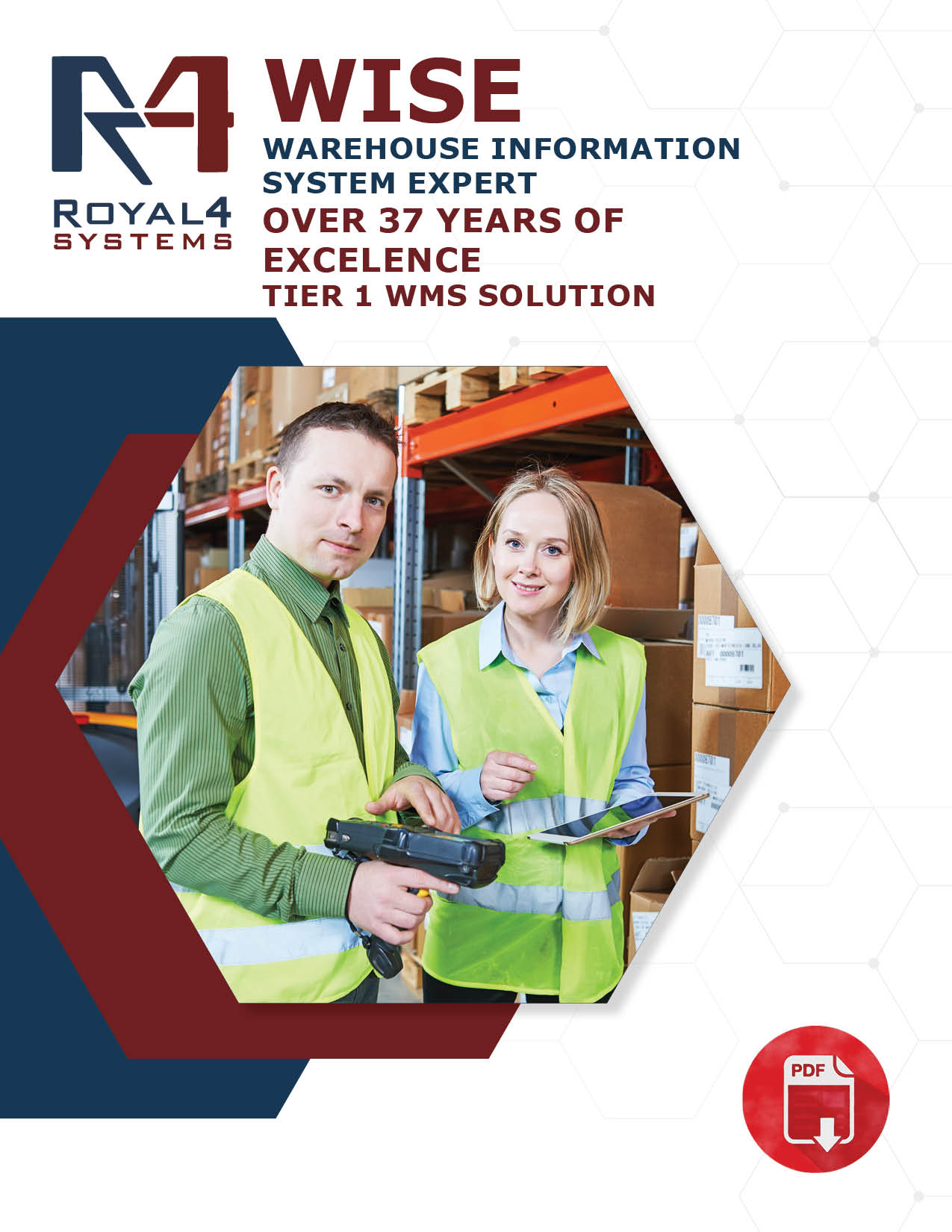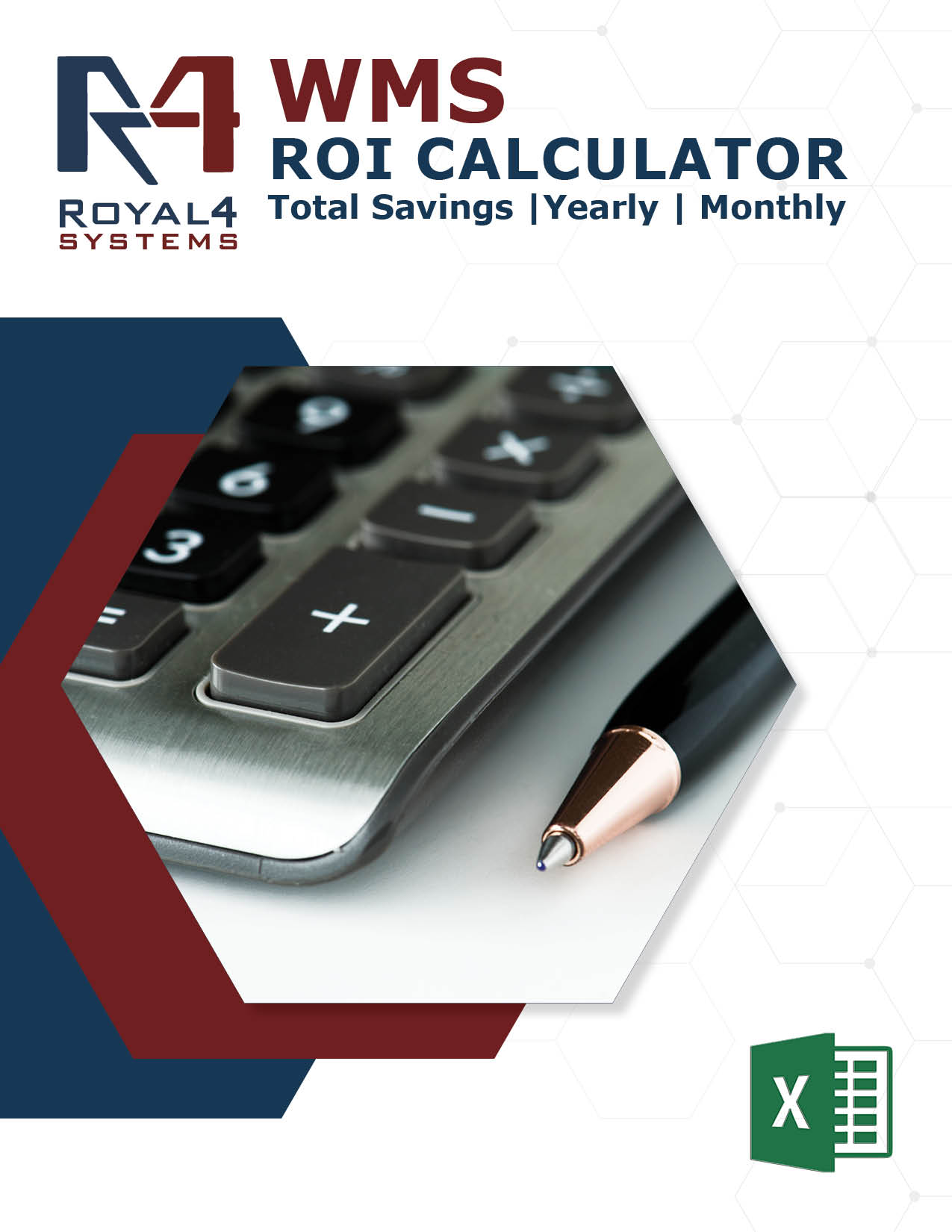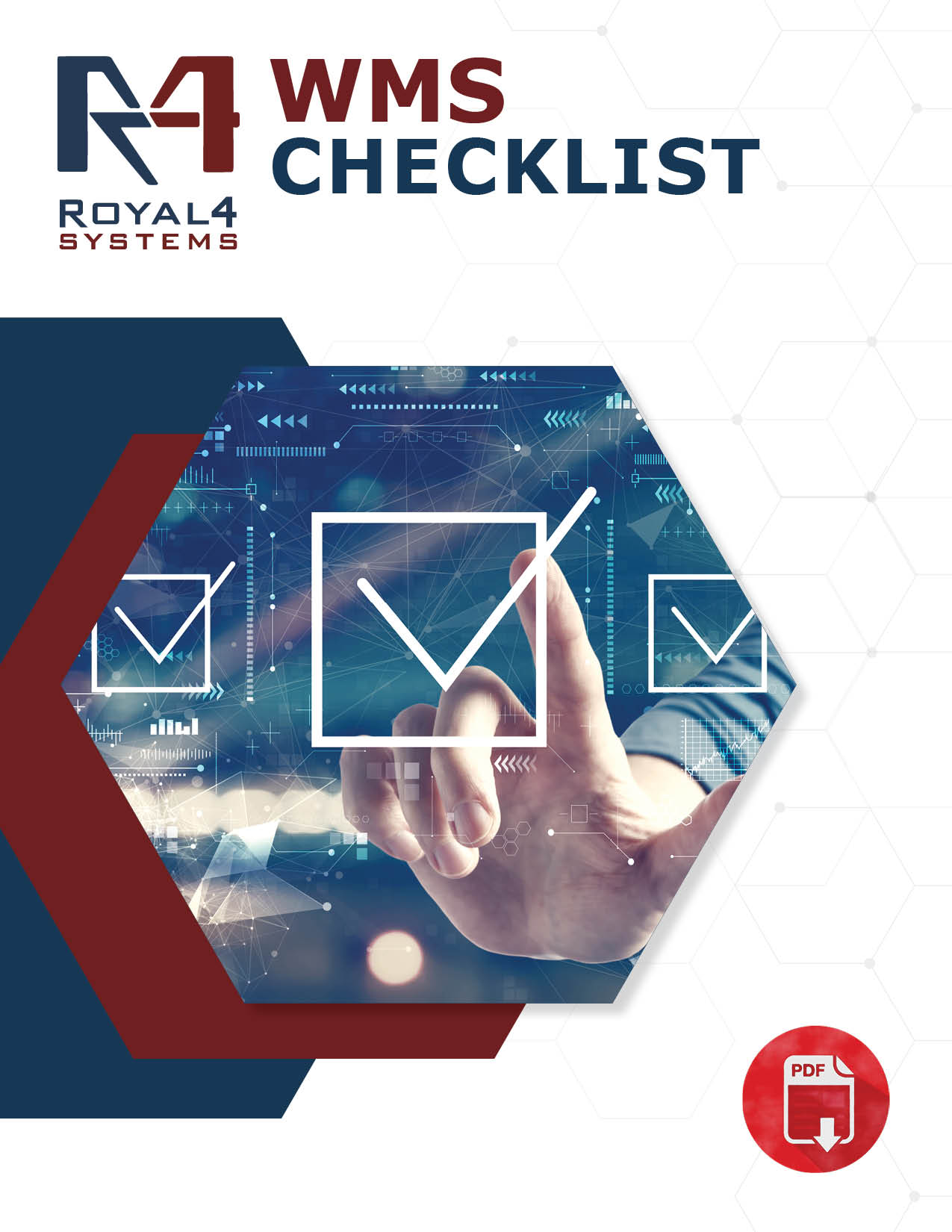
Supply chain integrity is paramount in the food industry, ensuring that products are safe, authentic, and meet regulatory requirements. It encompasses various factors such as transparency, accountability, and compliance to maintain the trust and confidence of consumers.
One effective tool for achieving and maintaining supply chain integrity is food traceability software. This software allows businesses to track and trace products throughout the supply chain, from farm to fork. It provides real-time data on factors such as origin, storage conditions, and transportation, enabling businesses to ensure product safety and integrity at every step.
By leveraging food traceability software, businesses can enhance transparency and accountability in their supply chains. They can quickly identify and address any issues or anomalies, such as product recalls or contamination, to prevent potential risks to consumer health and brand reputation.
In addition, the real-time data provided by the software allows businesses to make informed decisions and respond promptly to emerging risks. For example, if a temperature deviation is detected during transportation, the software can alert the appropriate stakeholders, enabling them to take corrective actions immediately.
Furthermore, food traceability software helps businesses achieve compliance with regulatory requirements. It ensures that the necessary documentation, such as certifications and labeling, is accurately collected and maintained, reducing the risk of non-compliance issues that could lead to penalties or legal consequences.
Food traceability software plays a crucial role in ensuring supply chain integrity in the food industry. It provides businesses with the tools and visibility needed to maintain product safety, transparency, and compliance, thus protecting consumer trust and promoting a sustainable and resilient supply chain.
Key Takeaways:
- Food traceability software enables businesses to track and trace products throughout the supply chain to ensure integrity.
- The software enhances transparency and accountability by providing real-time data on product origin, storage conditions, and transportation.
- Real-time data allows businesses to respond promptly to potential risks and prevent product recalls or contamination.
- Food traceability software helps businesses achieve regulatory compliance by accurately collecting and maintaining necessary documentation.
- By leveraging food traceability software, businesses can protect consumer trust and promote a sustainable and resilient supply chain.
Enhancing Transparency and Accountability in the Supply Chain
Food traceability software is crucial in enhancing transparency and accountability in the supply chain. By leveraging this technology, businesses can track and trace a product’s entire journey, from sourcing raw materials to the hands of the end consumer. This level of visibility ensures that every step of the supply chain is documented and easily verified, promoting transparency and preventing potential fraud or contamination.
With food traceability software, companies can establish a robust system that enables them to accurately record and monitor critical information such as the origin of ingredients, batch numbers, processing times, and transportation details. This comprehensive data provides a transparent view of the supply chain, allowing stakeholders to identify potential weak points or areas of concern.
Moreover, the software empowers businesses to implement accountability measures by assigning unique identifiers to each batch or product. This measure allows for easy identification and traceability, making it easier to address any issues. In the event of a recall, for example, the software can quickly pinpoint the affected batches and streamline the process of notifying customers and implementing corrective actions.
Food traceability software safeguards supply chain integrity by promoting transparency and accountability. It enables companies to uphold their commitment to producing safe and high-quality products while fostering consumer trust.
Improving Product Safety with Real-Time Data
Ensuring product safety is of paramount importance in the food industry. One of the most effective ways to achieve this is by leveraging food traceability software that harnesses the power of real-time data. This innovative technology allows businesses to monitor critical factors such as temperature, storage conditions, and expiration dates in real-time, enabling them to take immediate action to prevent potential product integrity risks.
By continuously tracking and analyzing data from various points in the supply chain, food traceability software provides businesses with valuable insights to ensure product safety. With real-time data, they can proactively identify and address issues, such as deviations in temperature during transportation or storage. This level of visibility and control enables businesses to take corrective measures swiftly, preventing any compromise in product safety.
Additionally, real-time data empowers businesses to handle product recalls efficiently. In the event of a safety concern or contamination, accessing accurate and up-to-date information about the affected products and their distribution allows for faster identification and removal from the market. This accuracy protects consumers, safeguards the brand’s reputation, and minimizes potential financial losses.
Furthermore, real-time data is instrumental in maintaining supply chain integrity. By constantly monitoring and analyzing critical parameters, businesses can identify and rectify any potential vulnerabilities in the supply chain before they lead to product safety issues. This proactive approach enhances consumer trust and reduces the likelihood of costly recalls and negative impacts on the bottom line.
In conclusion, leveraging food traceability software and harnessing real-time data capabilities is paramount for improving product safety and maintaining supply chain integrity in the food industry. With the ability to monitor and respond to critical factors in real-time, businesses can minimize risks, ensure compliance with safety standards, and protect consumers and their brand’s reputations.
Achieving Compliance and Mitigating Risks in the Food Industry
Ensuring compliance and mitigating risks are paramount in the food industry to maintain supply chain integrity. With the increasing complexity of global supply chains, businesses face numerous challenges, ranging from regulatory requirements to potential risks of contamination or fraud.
Many industry players are turning to food traceability software to address these challenges. By implementing such technology, companies can achieve compliance with relevant regulations, such as the Food Safety Modernization Act (FSMA). This software allows businesses to track and trace products throughout the supply chain, quickly identifying and resolving non-compliance issues.
Moreover, food traceability software plays a crucial role in mitigating risks. By providing real-time data on factors like temperature, storage conditions, and expiration dates, businesses can proactively monitor their supply chain and take immediate action to prevent potential risks to product integrity. This data helps maintain the quality and safety of the products and reduces the likelihood of recalls and other costly incidents that can damage consumer trust and financial stability.
In summary, leveraging food traceability software is essential for achieving compliance and mitigating risks in the food industry. This technology empowers businesses to meet regulatory requirements and maintain supply chain integrity. By implementing robust traceability systems, companies can enhance transparency, accountability, and product safety, strengthening consumer confidence and safeguarding their reputation in the market.
Request a Consultation
Need more information?
Solutions






![image001[25]](https://www.royal4.com/wp-content/uploads/2023/11/image00125.png)